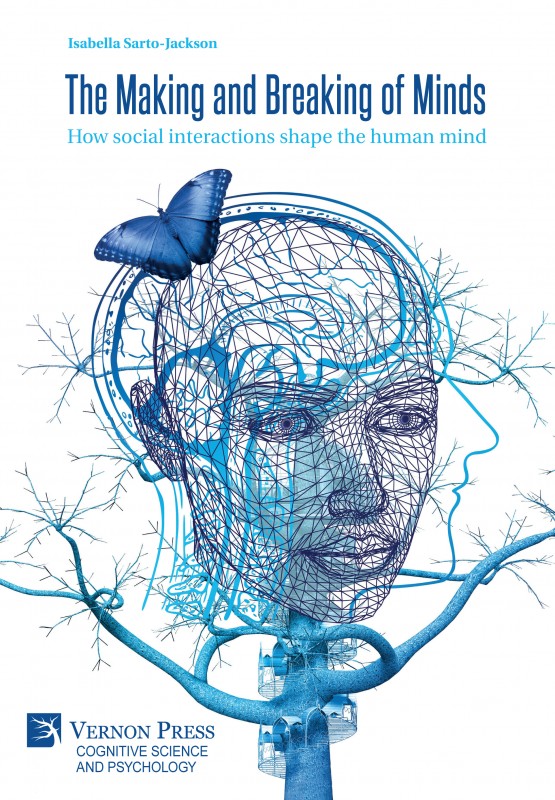Event Details

Topic description / abstract:
The human brain reorganizes itself and flexibly adjusts to fluctuating environmental conditions by means of neuroplastic processes. Neuroplasticity provides the basis for wide-ranging learning and memory processes that are particularly profuse during childhood and adolescence. At the same time, the exceptional malleability of the developing brain leaves it highly vulnerable to negative impact from the surroundings.
Abusive or neglecting social environments as well as socioeconomic deprivation cause physiological stress responses that can severely compromise cognitive development, emotional processing, and executive brain functions by altering the underlying neurobiochemical homeostasis. Importantly, such detrimental neurophysiological consequences are not limited to the affected individual but can be transmitted to the offspring through a process of social niche construction.
Proof of concept is supported by research on transgenerational trauma.
Link to book: https://vernonpress.com/book/387
Biographical note:
Isabella Sarto-Jackson is a neurobiologist, executive manager of the Konrad Lorenz Institute for Evolution and Cognition Research, and president of the Austrian Neuroscience Association (ANA). She holds a Master´s degree in genetics, a PhD in neurobiochemistry, and the venia docendi in neurobiology. She has worked as a neuroscientist at the Center for Brain Research of the Medical University in Vienna and extended her research focus to cognitive science and evolutionary biology since joining the KLI in 2011.
Her work is highly interdisciplinary – at the interface of neurobiology, cognitive science, evolutionary biology, and social education.
Link to ISJ´s website: www.sarto-jackson.com


